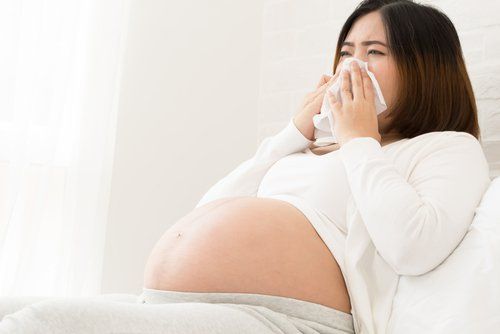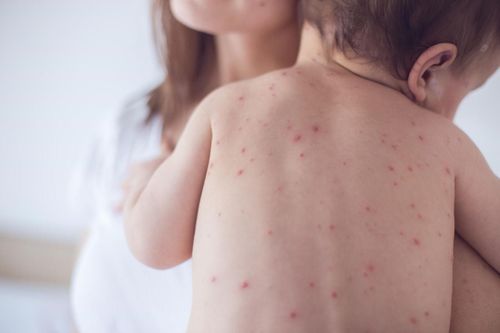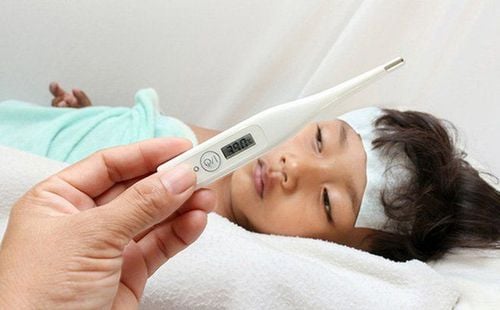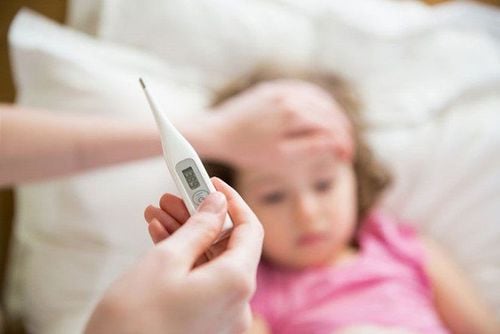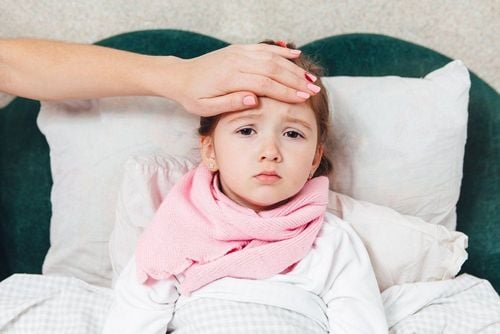The article was consulted with Dr. Huỳnh Thị Diễm Thúy, Specialist II, Vaccine Consultant, Department of Pediatrics - Neonatology, Vinmec Central Park International General Hospital.
Mumps is a common infectious disease, especially in children. The disease causes many uncomfortable symptoms, fatigue, and significantly affects the patient's work, life, and health.
1. How Many Days Does It Take to Recover from Mumps?
Mumps causes many uncomfortable symptoms, and the virus targets the exocrine glands and nervous system, as well as causing damage to the reproductive organs in those infected.
Generally, mumps is a benign disease and can resolve on its own within about 10 days after onset if there are no complications. The disease goes through the following stages, after which the body forms permanent antibodies against the disease and it will resolve.
1.1 Initial Stage
After an incubation period of 18-21 days, the disease onset causes the child to have a fever of 38-39°C, body aches, headaches, and poor appetite and sleep.
1.2 Full-Blown Stage Parotid
gland inflammation is the most common symptom in children with mumps, accounting for 70% of clear localized cases.
In the full-blown stage, 24-48 hours after the fever, the patient will develop parotid gland inflammation and swelling. Initially, one side of the jaw under the ear swells, and after 1-2 days, the other side swells as well. Most children have swelling on both sides, with unilateral swelling being less common.
The swelling on both sides is usually asymmetrical, with the swollen cheek skin being tight, shiny, non-pitting, warm, non-red, painful, with little and thick saliva.
The three typical pain points of parotid gland inflammation due to mumps are the temporal-mandibular angle, the angle of the lower jaw, and the mastoid process.
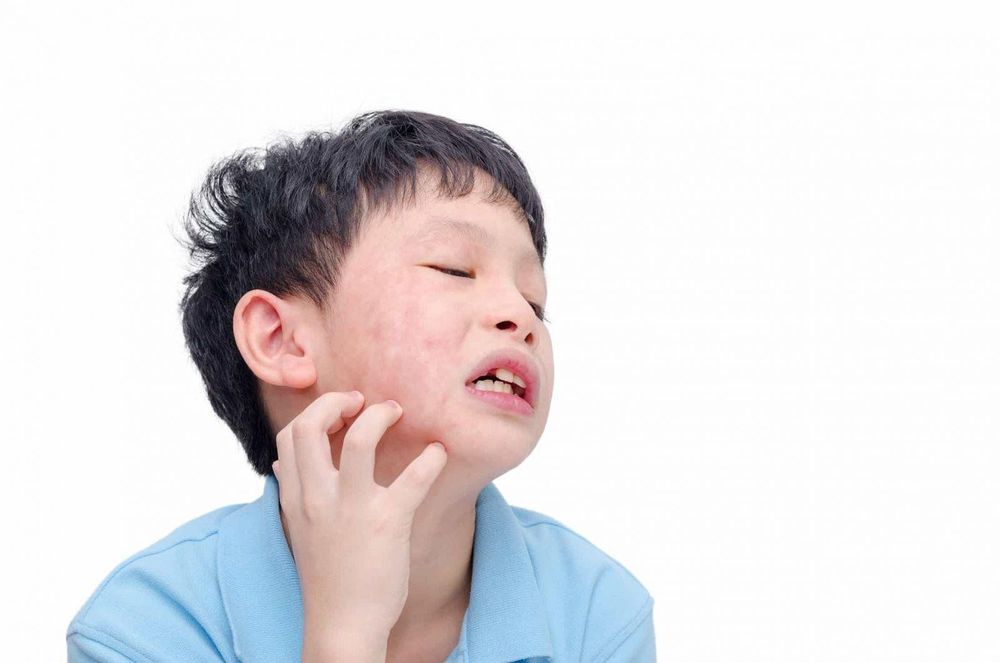
1.3 Recovery Stage
The patient usually stops having a fever 3-4 days after onset, and the parotid gland swelling resolves after 8-10 days, with lymph node swelling lasting slightly longer. Most children recover within 10 days if treated well and without complications. The parotid gland, although swollen, does not suppurate unless there is a secondary bacterial infection, and it never atrophies.
If the patient with mumps develops complications such as encephalitis, acute pancreatitis, meningitis, myocarditis, or leukopenia, the recovery will take longer and be more dangerous.
2. Can Medication Shorten the Duration of Mumps?
Currently, there is no specific medication to treat mumps. The use of medication can only alleviate symptoms and enhance the body's resistance to fight the disease.
Therefore, patients need to visit medical facilities to check their condition and prevent complications, combined with reasonable rest, limited physical activity, and a nutritious, easy-to-swallow diet to boost immunity.
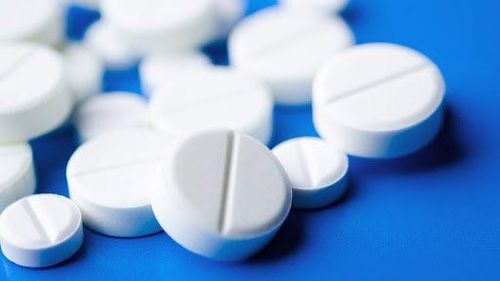
If the patient has a high fever or severe pain, they can use fever reducers and pain relievers as prescribed by a doctor. If a male patient has mumps, they should lie flat and wear supportive underwear to elevate the scrotum. A cold pack can be applied to the scrotum to reduce pain.
Mumps is usually caused by either a virus or bacteria. In cases of viral mumps, hospitalization is not necessary if there are no severe symptoms, and the disease will resolve on its own within 5-7 days.
In cases of mumps with complications, patients with high fever, vomiting, headache, or swollen genitalia should be hospitalized as soon as possible to prevent complications such as infertility due to testicular atrophy.
Patients with mumps need to drink plenty of water because high fevers cause dehydration and electrolyte loss. It is best to drink oral rehydration solutions. Additionally, patients should rest in bed and avoid contact with others to prevent the spread of infection.
Folk remedies for mumps should be avoided, such as:
- Using Chinese ink or soot to draw on the swollen area, as the disease is not caused by "evil spirits" but by a virus.
- Applying plant leaves, lime, or plasters to the swollen area is very dangerous. This method is not only ineffective but also causes heat, burns, and severe infection in the parotid gland.
3. Mumps Can Be Easily Prevented
Everyone can easily prevent mumps by getting vaccinated. Children should be vaccinated against mumps at 12 months old or when they are about to start daycare, kindergarten, or elementary school. The mumps vaccine is usually given in two doses, the first at 12 months and the second at 4-6 years old. Adults and pregnant women can also be vaccinated against mumps.
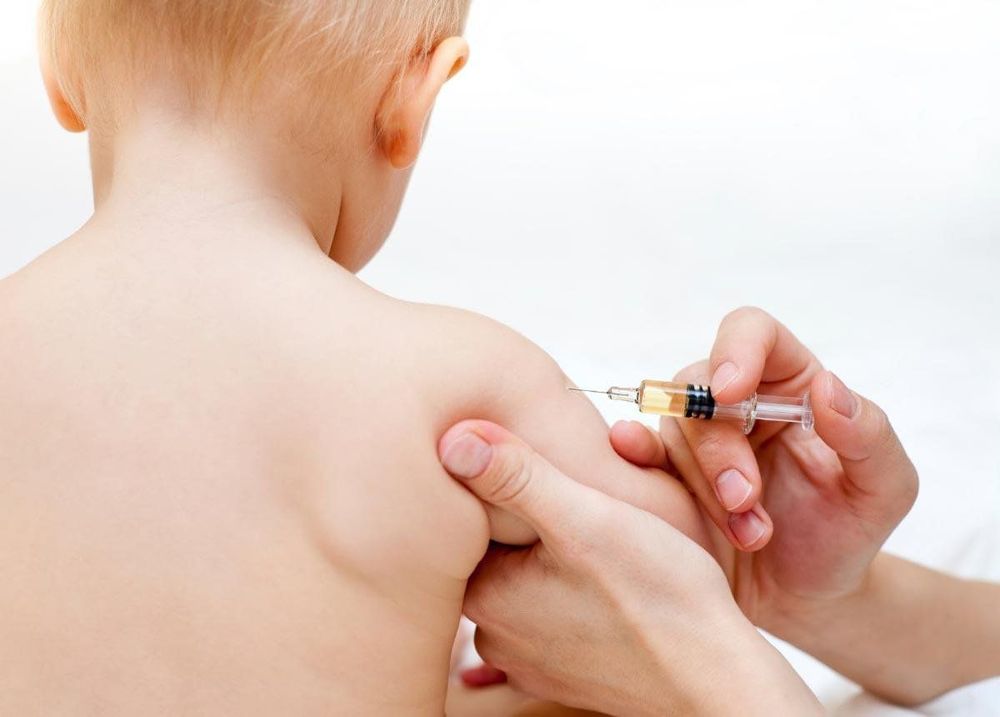
However, vaccination can only prevent about 80% of mumps cases. Therefore, preventing the spread of the disease is essential even for those who have been vaccinated.
Infected individuals should be isolated at home and avoid contact with others. When in contact, they should wear a mask. The isolation period is about 10 days from the onset of parotid gland swelling.
Regularly wash hands with soap and maintain daily personal hygiene.
Clean the respiratory tract by gargling with saline solution or antiseptic solutions.
Limit contact with infected individuals or those suspected of being infected.
Avoid crowded places, especially during an outbreak.
Strengthen the body's resistance by eating a nutritious diet, exercising, and getting adequate rest.
To arrange an appointment, please call HOTLINE or make your reservation directly HERE. You may also download the MyVinmec app to schedule appointments faster and manage your reservations more conveniently.




